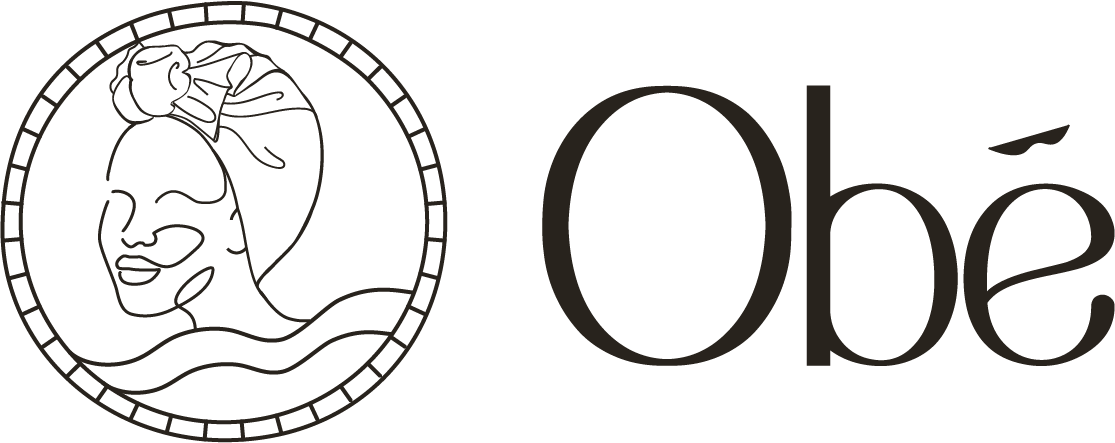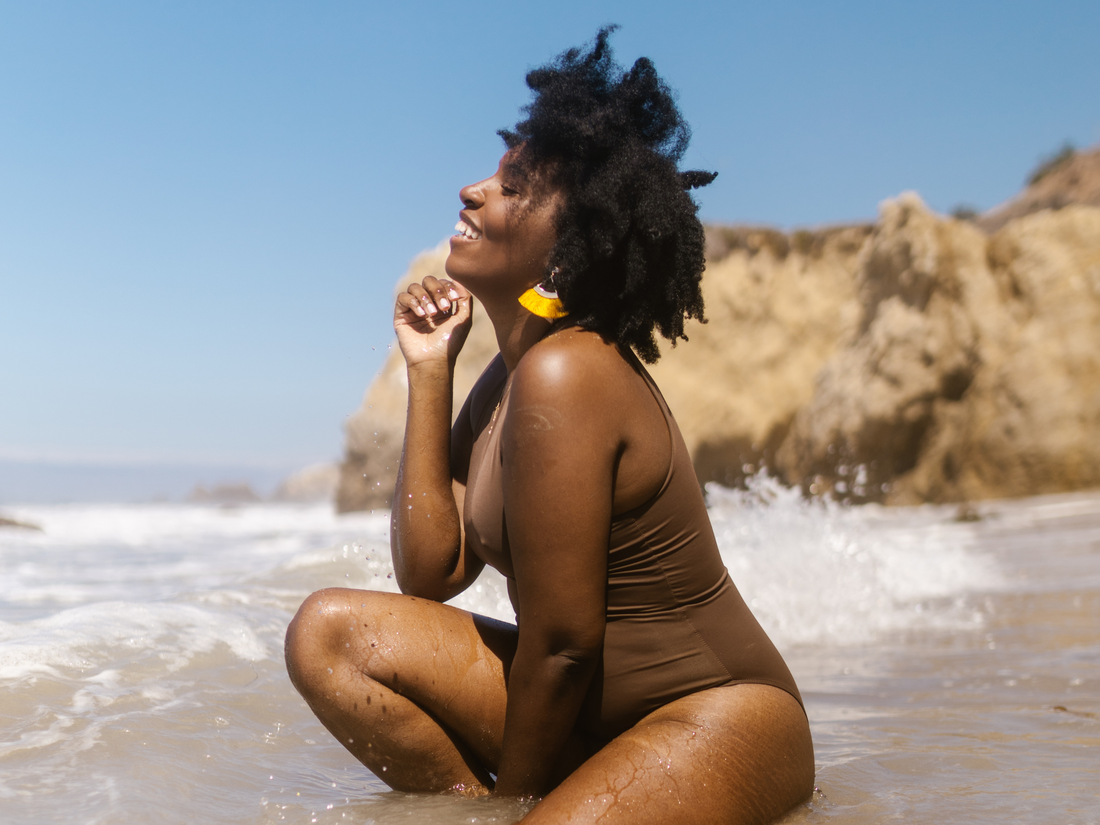Juneteenth, celebrated on June 19th, is a vibrant and meaningful holiday marking the end of slavery in the U.S. It commemorates the day in 1865 when Union soldiers arrived in Galveston, Texas, to announce that all enslaved people were free, over two years after the Emancipation Proclamation. It's a day to reflect on our journey and to celebrate African American freedom, culture, and achievements. Whilst we have made great progress in certain areas, one in which we still have a long way to go is swimming and, importantly, being safe when in, on, or around water. The latest statistics show that 97% of Black adults in the UK, and 67% in the US do not swim. It is a similar story when looking at Black children: 82% in the UK and 70% in the US do not swim. There are many reasons for this, which we reflect on within this blog, but to look forward, we must first look back, especially on such a significant day for our community.
Historical swimming traditions
What if I told you that there was a time when we did swim? Many African cultures had strong traditions of swimming and water-related activities. In various regions, such as along the Nile River in Egypt and the coasts of East Africa, swimming was deeply integrated into daily life and survival strategies. People relied on swimming for fishing, transportation, and gathering food.
What changed?
During the colonial period, access to swimming facilities was often racially segregated, which led to a decline in swimming skills among African populations. Europeans reserved swimming pools and beaches for themselves, frequently banning African people from these areas. Additionally, scare-mongering stories about the dangers of water were sometimes propagated to discourage enslaved people from escaping via waterways. This legacy of restricted access and fear tactics persisted after the end of colonial rule, contributing to lower swimming proficiency rates and generational aquaphobia among Black communities.
Today, a significant proportion of Black adults and children report limited swimming ability. Approximately one-third of Black adults cannot swim, a major risk factor for drowning (USA Swimming Foundation). According to the World Health Organization (WHO), drowning is a global epidemic, and Black individuals are disproportionately affected. The Centers for Disease Control and Prevention (CDC) reports that Black children aged 5-19 are 5.5 times more likely to drown in swimming pools compared to their White peers. This disparity is even higher for ages 11-12.
The modern day barriers to swimming
Affordability and location: The cost of swimming lessons and access to facilities can be prohibitive for many households. Lessons often come with fees that may be out of reach, and there are additional costs for transportation, swimwear, and gear.
Aquaphobia: Fear of water, often due to lack of early exposure and generational trauma, can deter Black individuals from learning to swim. Parents who do not swim are less likely to expose their children to swimming, perpetuating a cycle of fear and avoidance.
Lack of representation: The feeling of "no one looks like us" in swimming environments can further exacerbate this issue, as the lack of representation can discourage participation. However, there are inspiring examples of Black swimmers who have broken the mold and serve as inspiring role models. In the U.S., Simone Manuel became the first African American woman to win an individual gold medal in swimming at the Olympics, and Cullen Jones, an Olympic gold medalist, actively advocates for water safety and diversity in swimming. In the UK, Alice Dearing, the first Black female swimmer to represent Great Britain at the Olympics, and Michael Gunning, a competitive swimmer who has represented Jamaica in international competitions, both challenge stereotypes and encourage greater inclusivity. Their achievements provide hope and positivity, demonstrating that barriers can be overcome and inspiring future generations to take to the water.
Hair care: For many Black women, hair care is a significant concern when it comes to swimming. Chlorinated water can cause dryness and damage, making it challenging to maintain natural or chemically treated hair. Protective hairstyles like braids or weaves can help but also require upkeep, adding to the time and cost involved.
How can we find our way back to the water?
Community swim programs
Local governments and community organizations can establish free or low-cost swim programs. Some community centers, schools, and public pools offer lessons at reduced rates or provide scholarships to families in need. Initiatives like the USA Swimming Foundation's Learn to Swim Grants program aims to provide the opportunity for every adult and child to learn how to swim across the U.S. Additionally, organizations like Black People Will Swim, based in New York, offer swimming programs for beginners, promoting inclusivity and access within the Black community. In the UK, Black Owned Swim School (B.O.S.S) similarly provides swimming lessons and resources to encourage more Black individuals to learn to swim and engage in aquatic activities.
Swimming associations
Organizations like the Black Swimming Association (BSA) and USA Swimming play a crucial role in promoting diversity and inclusion in aquatics. The BSA advocates for equal access, provides water safety education, and encourages participation in swimming and other water-based activities. In addition, the BSA actively works to address systemic issues related to inclusivity in aquatics. They were instrumental in overturning FINA's decision to ban Soul Caps in competitive sport, successfully advocating for more inclusive policies. Similarly, USA Swimming strives to broaden access to swimming and enhance water safety across diverse communities through initiatives like the Make a Splash program. This initiative collaborates with local organizations to offer swimming lessons and water safety education to underserved communities, aiming to lower drowning rates and boost swimming participation across the nation. Additionally, USA Swimming's Diversity, Equity, and Inclusion (DEI) efforts, Safe Sport Program, and support for grassroots programs further their mission to make swimming a safe, accessible, and inclusive sport for all.
Tools that are designed for us
As Black women, we have a common shared experience growing up with unique challenges surrounding our hair and swimming. You may remember being invited to the spa for a relaxing day, and immediately feeling that sense of dread at the thought of what that might mean for your hair. Maybe you recall, in your younger years, wanting to jump in with your friends at a pool party, only to look over and see your mother giving you “the look”. This look meant that you had just gotten your hair done, and it was too costly and too time-consuming to put time and effort into another “hair day” so soon.
I became that mom, with “the look”, and I grew tired from us living these types of experiences daily. Everything I tried just didn't seem fit for purpose, so I set about being the change I wanted to see (you can find out more about my story here). I designed an innovative solution to make swimming more accessible and enjoyable for Black women. Obé's waterproof, hypoallergenic head scarf is unlike traditional swim caps. Truly waterproof when tied as recommended, this head scarf is designed to protect hair from chlorine damage, allowing individuals to swim without compromising their hair health.
My vision for Obé is that it is the tool that helps individuals to feel confident and comfortable in the water. For Obé, it is not just providing a quality product; it's about empowering a community to reconnect with the joy and health benefits of swimming. This waterproof head scarf offers functionality, versatility, style, and the promise of hair protection, encouraging our communities to rebuild our relationship with the water.
Embracing our roots
Through my own journey, I have discovered how rewarding and revitalizing finding your place in the water can be. With support from organizations like the BSA and practical solutions like Obé's head scarves, My hope is that our community can reconnect with the rich aquatic traditions of our ancestors while enjoying the numerous mental and physical health benefits of swimming. Let's celebrate Juneteenth by embracing Black heritage and taking steps toward greater inclusion and safety in aquatic activities.

